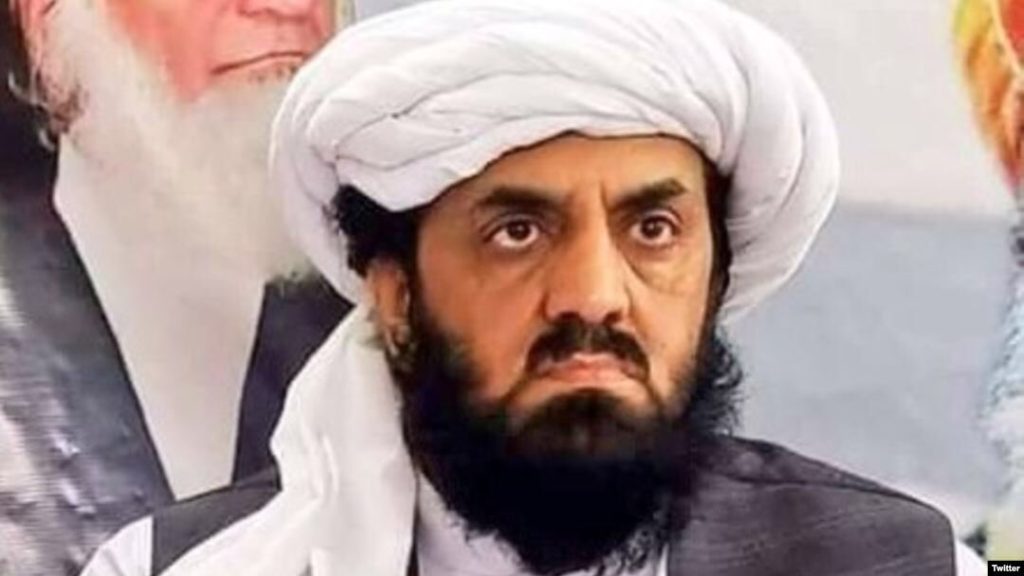Jamiat Ulema-e-Islam-Fazl (JUI-F) leader Hafiz Hamdullah has firmly stated that his party will not support Pakistan Tehreek-e-Insaf’s (PTI) proposed civil disobedience movement. Speaking on a private TV channel, he clarified that JUI-F has made no decision to collaborate with PTI on any joint campaign.
Hamdullah added that if PTI approaches JUI-F with a proposal for a joint movement, the party will consider it. However, he noted that politics always involves uncertainty. Criticizing PTI’s plan, Hamdullah warned that the civil disobedience movement would hurt PTI more than anyone else.
His comments came after PTI leader Asad Qaiser claimed that his party is in communication with JUI-F Emir Maulana Fazlur Rehman to launch a unified campaign against the government. Meanwhile, PTI leader Shaukat Yousafzai threatened to announce a civil disobedience movement starting December 14 if the government refuses to negotiate seriously.
During a media talk in Peshawar, Qaiser revealed ongoing discussions with Maulana Fazlur Rehman. “We want to start a joint movement against the government,” he said.
Prime Minister Shehbaz Sharif strongly criticized PTI for threatening civil disobedience. Speaking at a cabinet meeting, the prime minister described the plan as an “act of hostility against Pakistan.” Shehbaz highlighted the recent rise in remittances despite PTI’s threats. He said this reflects the trust of overseas Pakistanis in the current government.
Shehbaz also stressed the importance of political stability for economic growth. He announced strict orders to deal with those who attempted to attack Islamabad in recent incidents.
Defence Minister Khawaja Asif also slammed PTI for its call for civil disobedience. Speaking in the National Assembly, Asif challenged PTI to stand by its decision. He claimed their campaign would fail, adding, “No one will burn their utility bills.”
The proposed civil disobedience movement has sparked sharp criticism from government leaders. PTI’s threats of unrest and calls for non-cooperation remain a point of contention in Pakistan’s political landscape.


